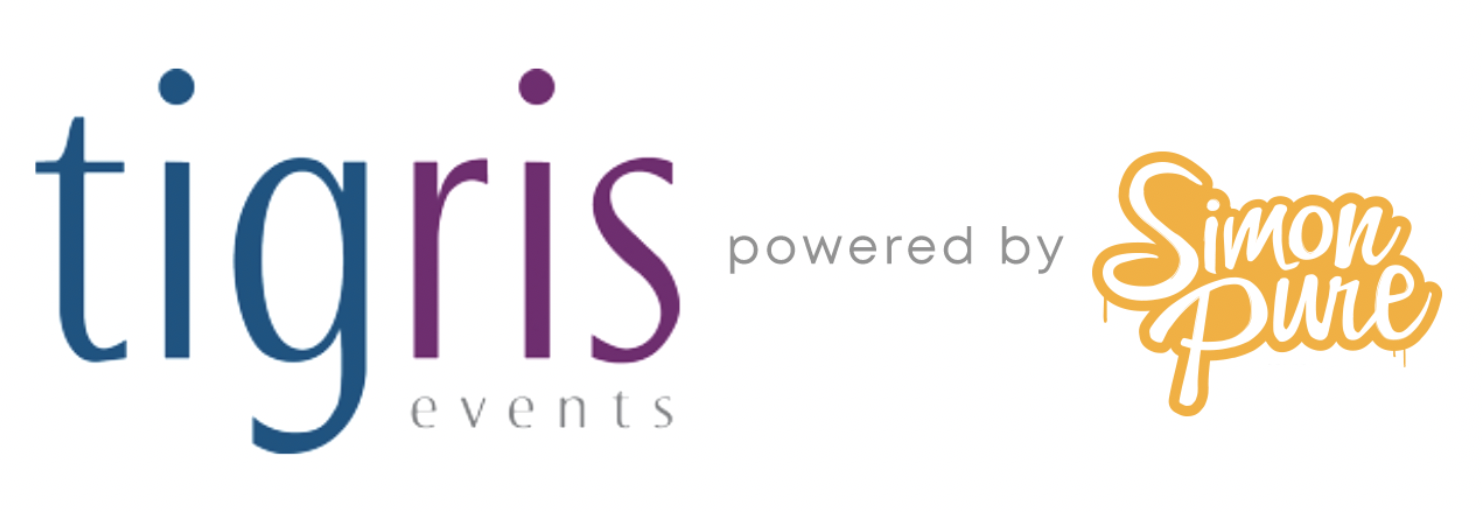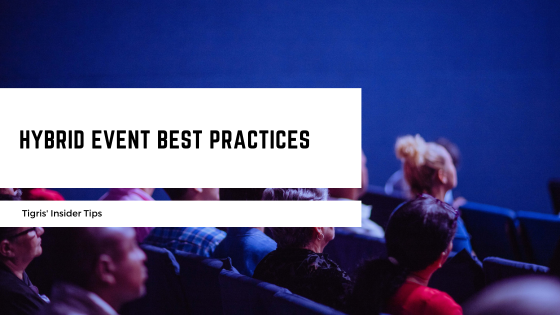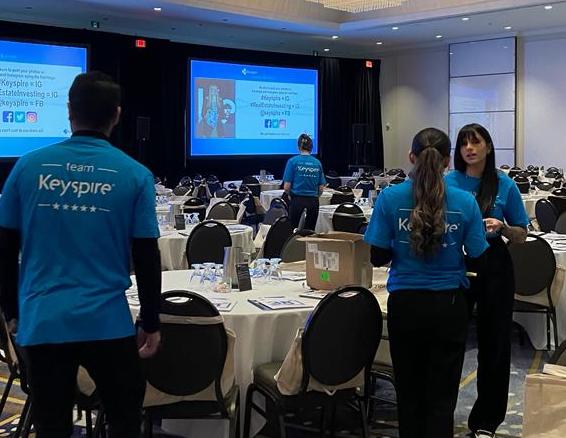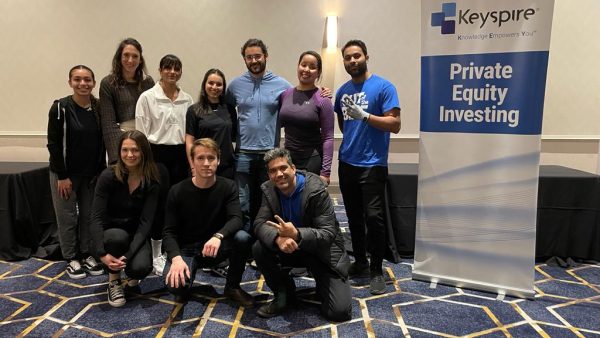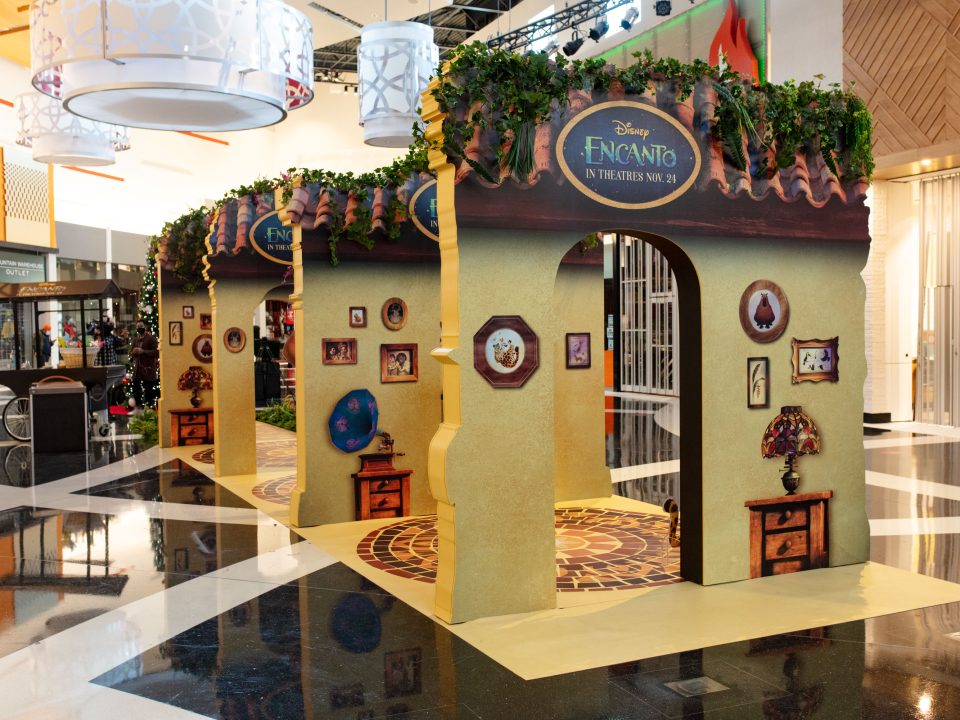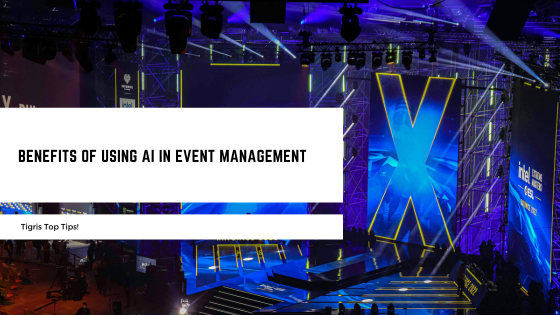Hybrid Event Best Practices

2023 Marketing Trends: Tigris’ Top 3 Tips
June 14, 2023
Pros and Cons of Sampling Pop-up
July 3, 2023Hybrid events have become a new norm in the events industry. They combine the best of both worlds by seamlessly integrating in-person and virtual experiences. These events offer numerous advantages. For example, breaking down both physical and financial barriers, providing unique sponsorship opportunities, and offering valuable data insights and tracking. However, organizing a successful hybrid event requires a skilled team of planners, producers, programmers, designers, developers (and more) who are flexible, adaptable, and ready to tackle any challenges that may arise. The key to a successful hybrid event lies in the implementation of best practices that bridge the gap between in-person and virtual attendees, providing an interactive and seamless event experience. So, it’s a good thing you stopped by today because we’re giving you our top hybrid event best practices.
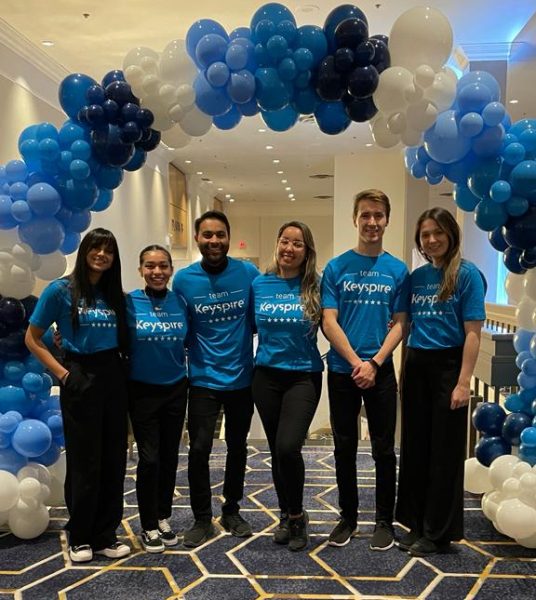
Content
One of the essential elements of a successful hybrid event is the quality of its content. As the saying goes, “content is key,” and this holds true for hybrid events as well. Whether it’s an in-person or virtual audience, the content should be tailored, adapted, and equally engaging for both sets of audiences. While the format may differ, the actual material and value of the content should remain consistent. Presenters and speakers must be well-prepared to deliver their messages effectively, utilizing engaging visuals, interactive elements, and real-life examples to captivate the audience. By ensuring high-quality content, you can guarantee a positive and memorable experience for all attendees, regardless of how they’ve chosen to attend the event.
Connection
Creating a sense of community and fostering connections among attendees is another crucial element of hybrid events. While virtual attendees may not have the same level of face-to-face interaction as those attending in person, it’s essential to still provide them with opportunities for networking, interaction, and meaningful conversations. Incorporating live feedback sessions, interactive polls, and Q&A sessions can help bridge the gap and ensure that both in-person and virtual attendees feel connected and engaged throughout the event. Additionally, facilitating virtual networking sessions or providing dedicated online platforms for discussions can further enhance the sense of community and enable participants to connect with like-minded individuals, no matter where they’re located. At the end of the day, it’s all about encouraging interaction and developing meaningful connections.
KPIs
As we aluded to in the introduction, one of the significant advantages of hybrid events is the ability to collect valuable data and analytics. Leveraging this data can provide insights into attendee behavior, preferences, and overall event success. By setting key performance indicators (KPIs) and utilizing analytics tools, event organizers can track attendance rates, engagement levels, and even determine return on investment (ROI). Surveys, polls, and interactive activities can be employed to gather data during the event, providing valuable feedback for future improvements. Additionally, implementing scannable stations or activities can help capture attendee interests and preferences in real-time, enabling organizers to make data-driven decisions and deliver better experiences in the future. It’s all about gathering insights for improvement, hopefully, leading to a successful event, year-over-year!
Takeaways
As hybrid events continue to gain momentum, best practices will continue to evolve and adapt. The key is to stay informed! So, we urge you to embrace new technologies and strategies and always strive for improvement. Remember, the three key elements of content, connection, and KPIs serve as a solid foundation for organizing successful hybrid events. By focusing on high-quality content, fostering connections among attendees, and leveraging data insights, event organizers can create impactful and memorable experiences for both in-person and virtual participants.
With each new hybrid event, there are endless possibilities to push boundaries, innovate, and deliver exceptional experiences that will shape the future of the event industry. And if you need a little help, we would love to connect. Click below for a free consultation and quote today!
